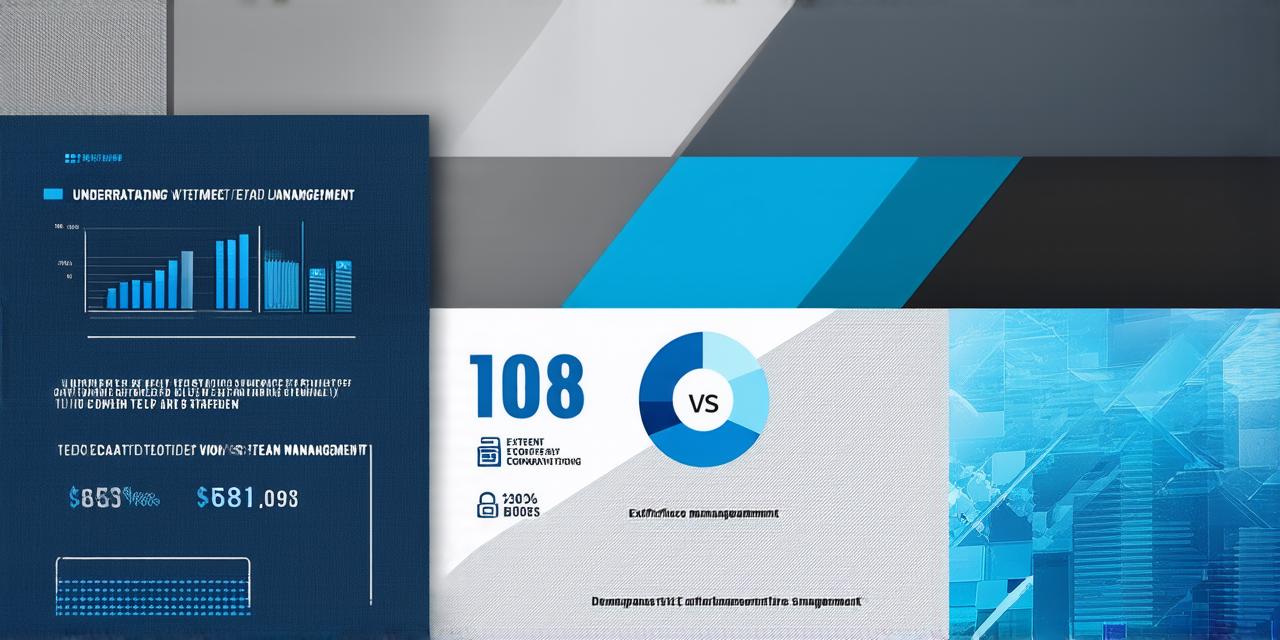Dedicated Teams
A dedicated team is a group of individuals who work exclusively on a specific project or task. The members of a dedicated team are usually hand-picked by a manager or team leader, and they work together full-time to complete the project. Dedicated teams are often used for short-term projects or when there is a high level of urgency and complexity involved.
Pros of Dedicated Teams
- High level of expertise and experience: Since dedicated teams are hand-picked, they typically have the necessary skills and experience to complete the project successfully.
- Increased productivity: Dedicated teams work exclusively on a specific project, which allows them to focus their efforts fully and increase productivity.
- Better communication: Because dedicated teams work together closely, they are more likely to communicate effectively and collaborate efficiently.
Cons of Dedicated Teams
- High cost: Dedicated teams can be expensive to set up and maintain, especially if the team members are highly skilled and experienced.
- Limited flexibility: Once a dedicated team is set up, it can be difficult to make changes or adjustments to the team structure.
Extended Teams
An extended team is a group of individuals who work on multiple projects or tasks simultaneously. The members of an extended team may come from different departments or functional areas within the organization, and they typically have different levels of experience and expertise. Extended teams are often used for long-term projects or when there is a need for cross-functional collaboration.
Pros of Extended Teams
- Increased flexibility: Extended teams can be easily adjusted to accommodate changing project requirements or priorities.
- Better knowledge sharing: Because extended teams come from different departments or functional areas, they are more likely to share their knowledge and expertise with one another.
- Reduced cost: Extended teams can be less expensive than dedicated teams because they do not require the same level of specialized skills or experience.
Cons of Extended Teams
- Lower level of expertise: Because extended teams come from different departments or functional areas, they may not have the necessary skills and experience to complete all projects successfully.
- Decreased productivity: While extended teams can be effective for cross-functional collaboration, they may not be as productive as dedicated teams because their focus is spread across multiple projects.
Summary
In conclusion, dedicated and extended teams are two different structures that can be used to manage various tasks and projects within an organization. Dedicated teams are best suited for short-term projects with a high level of urgency and complexity, while extended teams are better suited for long-term projects that require cross-functional collaboration. Both structures have their pros and cons, so it is important to carefully consider the needs of your organization before deciding which structure to use.
